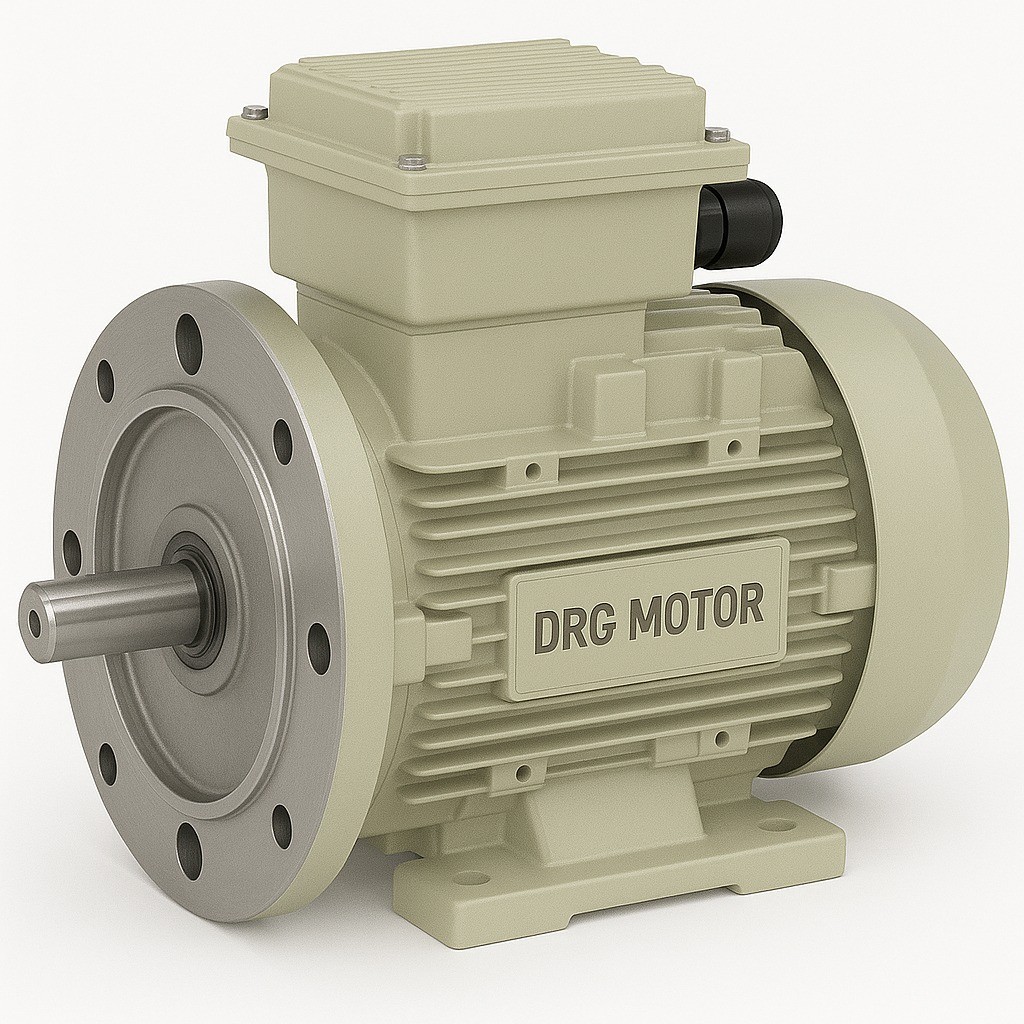Electric motors are one of the cornerstones of modern industry and daily life, converting electrical energy into mechanical energy to provide efficient and reliable operation across many applications. Motors are designed in various types depending on power, speed, and torque requirements. These include asynchronous, synchronous, DC, and AC motors, each suited to different application areas.
Industrial and Manufacturing Applications
In industry, electric motors provide the main driving force for production processes. Motors are used to power pumps, fans, compressors, conveyor belts, cranes, mixers, and presses in factories. Their ability to operate continuously and efficiently ensures production lines run smoothly without interruptions. High-efficiency motors also help reduce operational costs and optimize manufacturing processes.
Transportation and Mobility
Electric motors have a wide range of uses in transportation. Electric vehicles, trains, trams, and metro systems operate quietly, efficiently, and environmentally friendly thanks to electric motors. High torque capacity and speed control systems enable safe and comfortable movement of vehicles.
Home and Daily Life Applications
Electric motors are widely used in household appliances. Refrigerators, washing machines, dishwashers, vacuum cleaners, and air conditioners rely on motors to operate. They allow appliances to work quietly, safely, and energy-efficiently.
Agriculture and Irrigation Systems
In agriculture, electric motors are used in irrigation pumps, feed grinders, agricultural machinery, and greenhouse equipment. Their durability and ability to operate continuously improve agricultural efficiency and reduce labor requirements.
Energy Production and Renewable Systems
In renewable energy systems such as wind turbines and hydroelectric plants, electric motors and generators work together to produce energy. Motors convert mechanical energy into electrical energy, contributing to sustainable energy generation.
Advantages and Importance
Electric motors offer flexibility in design for different power and speed requirements, long service life, low maintenance, high efficiency, and energy savings. These features make them indispensable in both industrial and everyday applications.
Conclusion
Electric motors play a critical role in every application where mechanical energy is needed, including industry, transportation, homes, agriculture, and energy production. As technology advances, motor efficiency and applications continue to expand, making modern life and production processes more efficient and sustainable.
 English
English
 Türkçe
Türkçe

